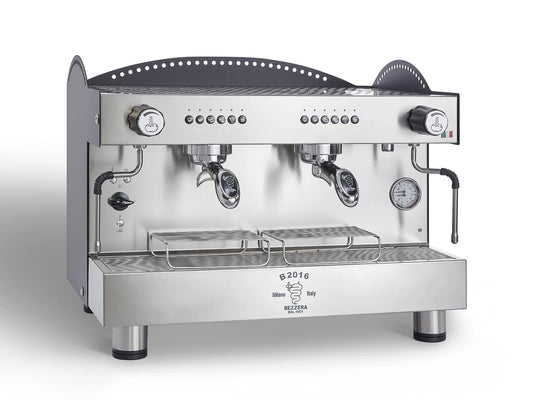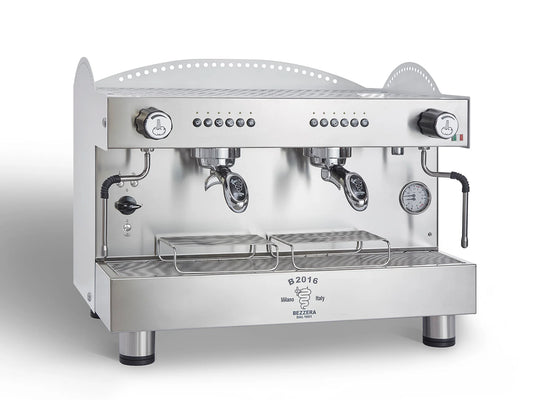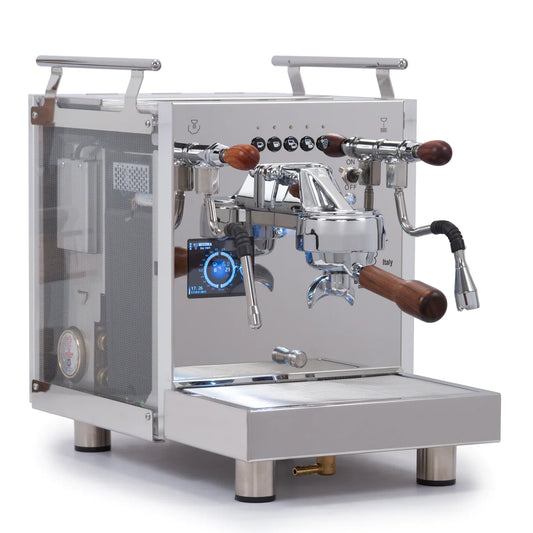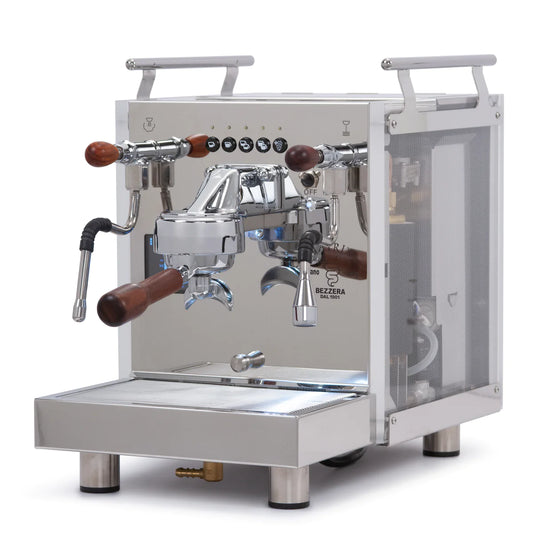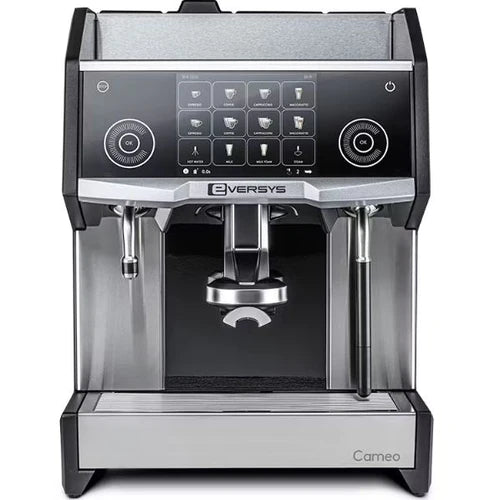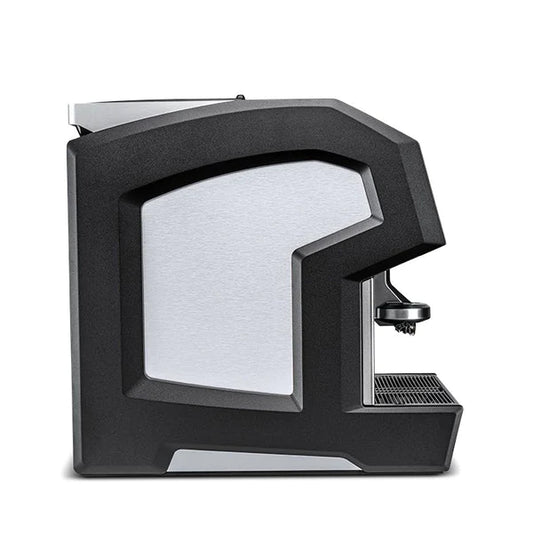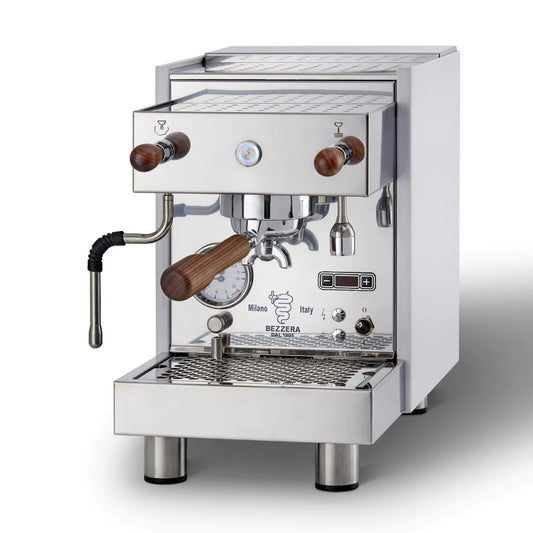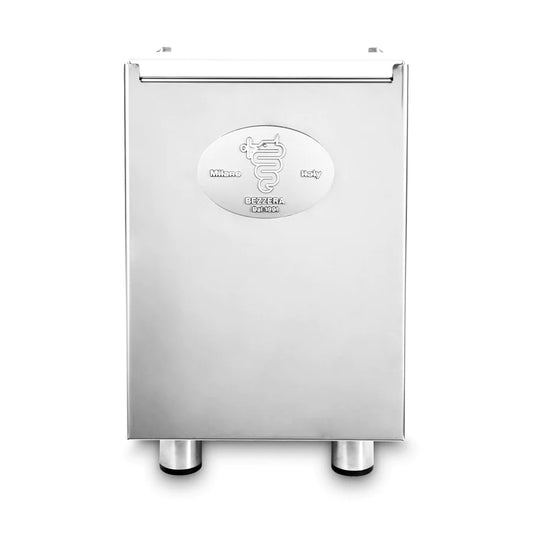De’Longhi’s Satirical Coffee Machine Campaign Takes Aim at U.S. Tariffs
Table of Contents
- Key Highlights:
- Introduction
- The Context Behind the Campaign
- The Strategy Behind the Humor
- Responses from the Market and Influencers
- Refining Consumer Experience Through Technology
- The Bigger Picture: Trade Policies and Consumer Behavior
- Conclusion
Key Highlights:
- De’Longhi has launched a satirical advertising campaign, positioning its coffee machine as "the first computer that also makes coffee," responding to U.S. tariffs on electronics.
- The campaign highlights a price difference in the UK market reflecting a 15% tariff on UK goods imported to the U.S., offering two product versions labeled as a “Machine” and a “Computer.”
- This marketing strategy merges technology, satire, and consumer experience, primarily targeting European markets where U.S. trade regulations don’t apply.
Introduction
In a clever twist of marketing strategy, Italian appliances giant De’Longhi has turned recent U.S. trade policy into a bold advertising opportunity. The company’s latest campaign humorously promotes its connected coffee machine as “the first computer that also makes coffee,” poking fun at recent tariff exemptions afforded to electronics like computers and smartphones. This innovative approach serves as a satirical commentary on international trade dynamics while simultaneously positioning De’Longhi’s Rivelia machine to appeal to consumers.
The effective marriage of humor and commerce reflects growing trends within the coffee appliance industry, which increasingly finds itself at the intersection of technology and consumer lifestyle. By capitalizing on regulatory terminology and trade implications, De’Longhi's campaign challenges norms while engaging customers through a mix of wit and product capability.
The Context Behind the Campaign
The campaign emerged in the wake of President Donald Trump's tariff announcements made in April, which led to U.S. Customs and Border Protection announcing significant tariff exemptions for certain electronics. These exemptions provided a strategic opening for De’Longhi to leverage consumer confusion and dissatisfaction into a marketable narrative. Specifically, it pointed out how tariffs can reshape pricing and consumer choices, especially for imported luxury goods such as coffee machines.
Such tariffs play a crucial role in the pricing dynamics of imported goods, effectively making products more expensive and steering consumer perception. In this situation, De’Longhi has dissected that economic reality and translated it into a marketing opportunity, inviting customers to contemplate the implications of trade policies while enjoying their morning coffee.
The Cheeky Product Differentiation
Within the campaign, De’Longhi introduces two different versions of their Rivelia machine on the UK product page: the De’Longhi Machine and the De’Longhi Computer, priced at £749.99 and £637.49, respectively. The price disparity serves as a direct reflection of the 15% tariff imposed on UK goods entering the U.S. market, thus ingeniously tying their product pricing to current international trade issues.
Moreover, the choice to label these variants as “Computer” and “Machine” isn’t mere fluff. The “Computer” version boasts technical jargon, highlighting features like "16 customizable programs" and "high-precision output." In contrast, the “Machine” version promotes its ease of use and variety of drink options. This clever rebranding underlines the absurdity of how tariffs can influence product identity and value perception in consumer markets.
The Strategy Behind the Humor
LOLA MullenLowe, the advertising agency behind this campaign, describes it as a "satire, technology and a consumer experience all in one." The execution of this campaign works on multiple levels, addressing not just potential buyers but also making an impression within industry circles and trade regulatory discussions worldwide.
By utilizing humor, De’Longhi establishes a more approachable narrative around complicated tariff laws that often baffle the average consumer. This approach also fosters engagement, as customers are likely to interact with the campaign in a more meaningful way compared to traditional advertising models that rely solely on product performance.
Global Digital Campaign
Notably, the campaign is primarily targeting the UK and European markets—regions where U.S. customs authorities have no jurisdiction. This factor further adds a layer of risk and intrigue, enticing consumers with a sense of rebellion against regulatory frameworks imposed by foreign governments. The campaign is launched as a global digital and influencer initiative, already making waves among coffee enthusiasts and trade analysts alike.
As it stands, De’Longhi's campaign is a masterclass in effective marketing that blends satire with a deeper commentary on the state of international trade. Through this creative endeavor, the company invites consumers to reflect on both the value of their product and the wider implications of economic policies that could influence their purchasing decisions.
Responses from the Market and Influencers
Initial responses to the campaign reveal a mixed bag of amusement and intrigue among industry analysts and consumers. Observers have pointed out the high engagement rates on social media platforms, where influencers are sharing their experiences with the product, thus broadening the reach of the campaign.
Market reactions have highlighted that this campaign transcends typical product advertising by stimulating dialogue around tariffs, trade, and real-world issues that often go unnoticed. By standing at the intersection of technology and humor, De’Longhi has crafted a narrative that invites conversation, albeit a cheeky one, about important global issues affecting everyday life.
Refining Consumer Experience Through Technology
The Rivelia coffee machine integrates technology within culinary practices, showcasing a broader trend in the home appliance sector where smart technology meets user-friendliness. As consumers evolve into a more tech-savvy demographic, appliances like coffee machines are increasingly expected to deliver not just basic functionality but also enhance the overall consumer experience.
De’Longhi’s ability to merge smart capabilities in their products with relevant societal narratives like trade policies demonstrates a growing understanding of contemporary consumer needs. Customers are not merely seeking a good cup of coffee; they are looking for an appliance that fits within their digital lifestyle while also engaging with socio-economic issues.
The Bigger Picture: Trade Policies and Consumer Behavior
The connection between consumer technology and trade policy can hardly be overstated. Tariffs influence not only pricing but also shape consumer perspectives on brand loyalty and product value. By integrating tariff-related commentary into their marketing strategy, De’Longhi is addressing the profound impact that such policies have on purchasing behaviors.
As consumers become increasingly aware of how global trade dynamics affect them personally, brands that take those issues seriously stand to gain a competitive edge. The clever repositioning of coffee appliances not only aligns the product with consumer sentiment but also encourages deeper thought regarding the intricacies of global economics.
Implications for the Coffee Appliance Industry
This marketing move by De’Longhi could set a precedent for competitors in the coffee appliance industry to explore how they, too, can engage with consumers through humor and innovative messaging that reflects current events. Rather than creating products in a vacuum, the awareness of external factors like tariffs can inform better marketing strategies and foster a more engaged consumer base.
As the coffee appliance market continues to cater to tech-hungry consumers, De’Longhi’s approach to using current events to enhance their brand voice will likely inspire others to think outside the box. Innovators in the industry may now prioritize not just the quality of brewing but also the message that their brand conveys.
Conclusion
De’Longhi's satirical campaign demonstrates a unique synergy between humor, technology, and consumer engagement, effectively utilizing tariff-related discourse to promote a coffee machine. As brands navigate an increasingly complex global market, De’Longhi's model illustrates the critical interplay between product design, marketing strategy, and socio-economic factors.
Through its clever positioning of the Rivelia machine, De’Longhi not only highlights the absurdities present in contemporary trade policy but also underscores their commitment to providing cutting-edge products that enhance the consumer experience. As digital campaigns like this gain traction, they may very well shape the future of how consumers perceive brand messaging, product value, and the broader marketplace.
FAQ
What is the campaign message behind De’Longhi’s coffee machine advertising?
De’Longhi’s campaign humorously promotes its coffee machine as a "computer" due to tariff exemptions on electronics, cleverly merging current trade issues with product marketing.
Why does the product pricing differ between the “Machine” and “Computer” versions?
The pricing reflects a 15% tariff imposed on UK goods imported to the U.S., with the “Computer” variant priced lower as a strategic marketing approach.
How is the campaign being received in the UK and Europe?
Initial reactions have been overwhelmingly positive, with significant engagement on social media, highlighting the cleverness of the campaign and its relevance to current economic discussions.
Is this campaign only available in the UK?
Yes, currently, the campaign is primarily targeted at the UK and European markets, where U.S. customs laws do not apply, incorporating an edgy branding strategy.
How does this reflect on the coffee appliance market?
De’Longhi’s approach may prompt other brands in the market to rethink their advertising strategies, potentially leading to a greater emphasis on engaging consumers through contemporary issues like trade policies.

